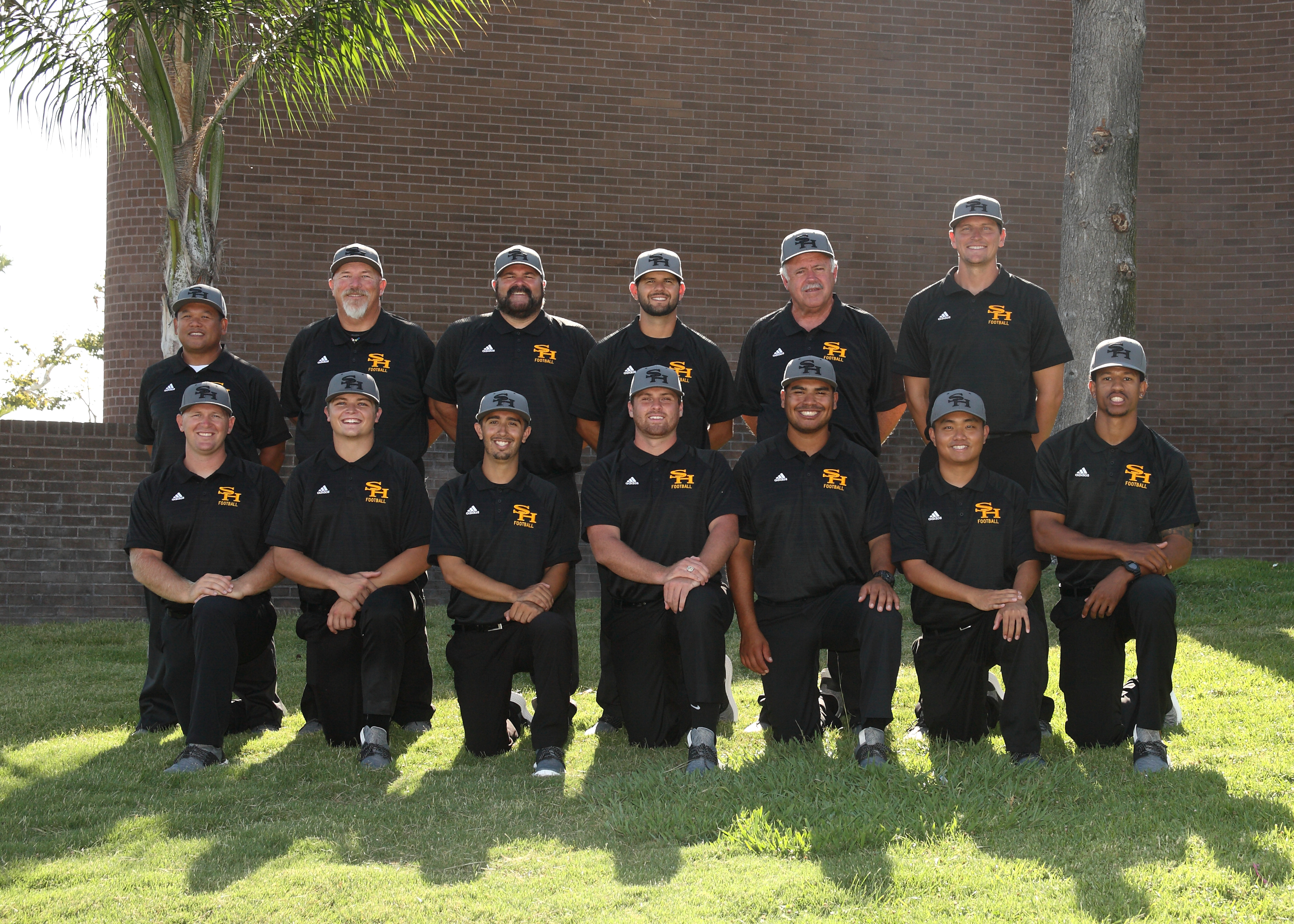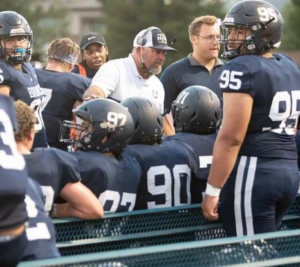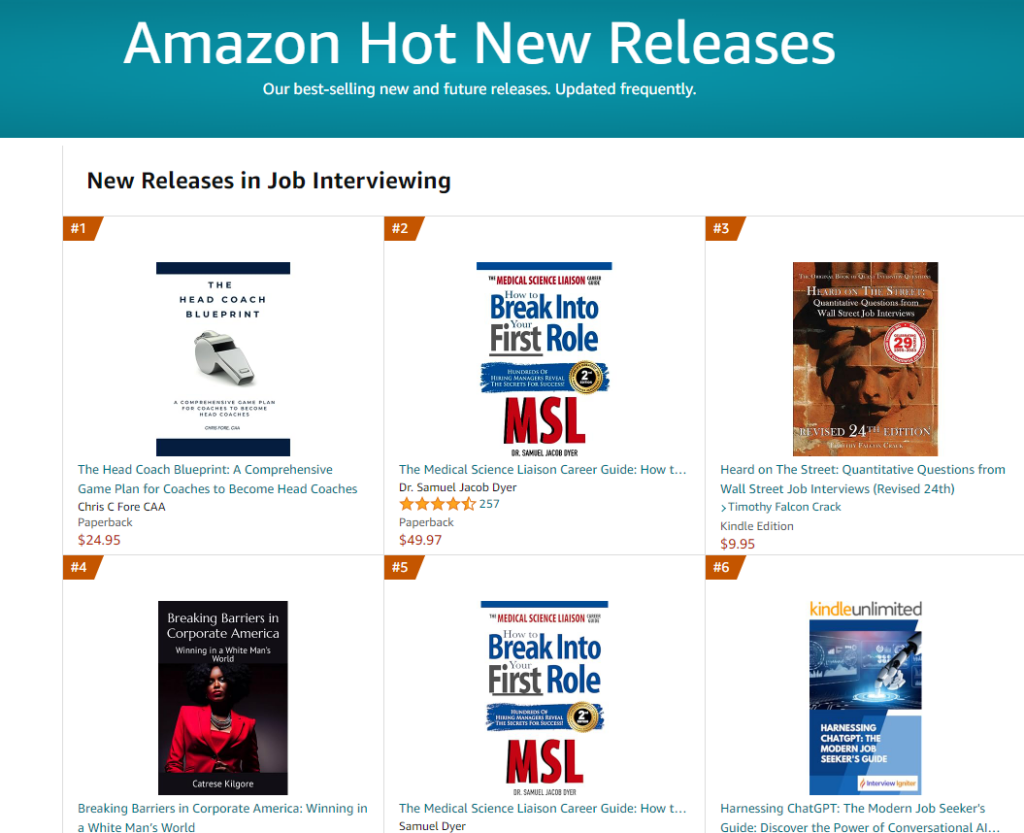
The 2017 Staff
As the season has concluded for most of you, and it’s close to being over for the rest of you, it’s time for reflection and evaluation. As a former Head Coach, I always began this process by assessing myself, my coaching staff, and our strategies. One powerful method of evaluation is through anonymous surveys from both players and the coaching staff. In this article, I’ll share the five questions I consistently asked myself about my coaching staff at the end of each season, considering the valuable input from the players.
1. Did They Stay True to the Mission?
Without player feedback, you likely already have a sense of whether your coaching staff aligned with the mission you set for the season. If the answer is negative and you’ve contemplated removing a coach, this realization might have occurred months ago. Maintaining alignment with the mission and program goals is crucial. Redirecting a coach who has strayed is possible, but sometimes a more challenging decision must be made: letting them go. This initial question streamlines the evaluation process and helps save time for more critical assessments.
Ensuring that your coaching staff embodies the mission isn’t just a matter of loyalty; it’s about creating a cohesive environment where everyone is working toward the same objectives. A coach who deviates from the established mission may disrupt team dynamics and hinder overall progress. Take note of instances where the mission was compromised and assess whether corrective action was taken or if a departure is the necessary step for the betterment of the team.

2. Did They Connect with Other Coaches?
Team chemistry among the coaching staff is a cornerstone of overall team success. While healthy disagreements can occur behind closed doors, unity when facing players is non-negotiable. A coach who fails to connect or align with the rest of the staff may compromise team cohesion. If this disconnection is apparent, it’s essential to delve into the reasons behind it and determine if it’s reparable.
Staff meetings and collaborative planning sessions are opportunities for coaches to synchronize their approaches. Evaluate the dynamics during these interactions, considering whether diverse perspectives were respected, leading to better decisions for the team. If there’s a lack of unity, consider facilitating team-building activities during the off-season to strengthen relationships and foster a more cohesive coaching unit.
3. Did They Connect with the Players?
The ability to connect with players is a make-or-break factor for coaches. Player-coach relationships largely determine a coach’s effectiveness. If players don’t feel valued or trust their coach, the connection is lost, negatively impacting performance. Identifying such issues well before the season concludes is vital. If a coach struggles to connect with players, serious consideration should be given to making a change.
Player feedback, whether through surveys or individual discussions, is an invaluable tool in assessing the effectiveness of each coach-player relationship. Encourage open communication channels between players and coaches to address any concerns promptly. If a coach excels in this area, recognize and celebrate their efforts, as positive player-coach relationships contribute significantly to a positive team culture.
4. Did Their Unit Improve, Decline, or Remain the Same?
A coach’s impact is most evident in the performance of the unit they oversee. Assess whether your assistants contributed positively to their respective units. Did they foster improvement, maintain the status quo, or face challenges? Understanding the reasons behind the outcome, such as injuries or external factors, is crucial. Head Coaches must decide whether to retain a coach who isn’t elevating their players. Some coaches may have untapped potential that could be developed with further mentorship.
Delve into the statistical and qualitative aspects of the units coached by your staff. Evaluate whether there was a positive trajectory in player development, strategic execution, and overall performance. If there were setbacks, investigate the contributing factors and determine if they were within the coach’s control. Constructive feedback and goal-setting for improvement can be valuable tools in helping coaches refine their strategies and enhance their impact on the team.
5. Do You Trust Them?
Ultimately, trust is the linchpin of a successful coaching staff. Do you trust each coach to uphold the program’s best interests? Consider their commitment to improvement, support in the community, and dedication to the offseason growth. Trust in your coaching staff is foundational for a Head Coach, offering peace of mind and confidence in the decisions being made. Take time to evaluate the trustworthiness of each staff member and explore the reasons behind your level of trust.
Trust extends beyond the game strategy; it encompasses a coach’s character, ethical conduct, and commitment to the team’s values. Reflect on instances where a coach demonstrated unwavering support during challenging times and whether they actively contributed to the team’s positive image in the community. Transparent communication about expectations and aspirations for the upcoming season can further solidify trust and strengthen the coach-head coach relationship.
Conclusion
As a coach, asking these five critical questions, reflecting on your answers, and seeking input from trusted sources are pivotal steps in the evaluation process. Spouses and athletic directors can provide valuable perspectives, offering insights that complement your own observations. The off-season is an opportune time for self-reflection and staff assessment, laying the groundwork for continuous improvement and success in the seasons to come.
Chris Fore has his Masters degree in Athletic Administration, is a Certified Athletic Administrator and currently works as a Principal in Southern California (yes, he went to the “dark side” after 17 years of coaching!) He served as the President of the California Coaches Association for 3 years. Fore is the CEO of Eight Laces Consulting which specializes in helping coaches nationwide in their job search process. Fore has been named to the Hudl Top 100 Coaches, and the Top 5 Best High School Football Coaches to follow on Twitter by MaxPreps. Follow him!
PS – Fore’s latest book, The Head Coach Blueprint, has been an Amazon “Hot New Release” several weeks in a row!
- There are 3 ways to buy THE HEAD COACH BLUEPRINT!
- 50 chapters, 533 pgs, nearly 500 Head Coaches interviewed for this project!
- This is the last book you’ll ever buy about job search!
- Hard Copy – tinyurl.com/yvy7397d
- Kindle – tinyurl.com/5bvbpf4y
- PDF – eightlaces.org/headcoach/




